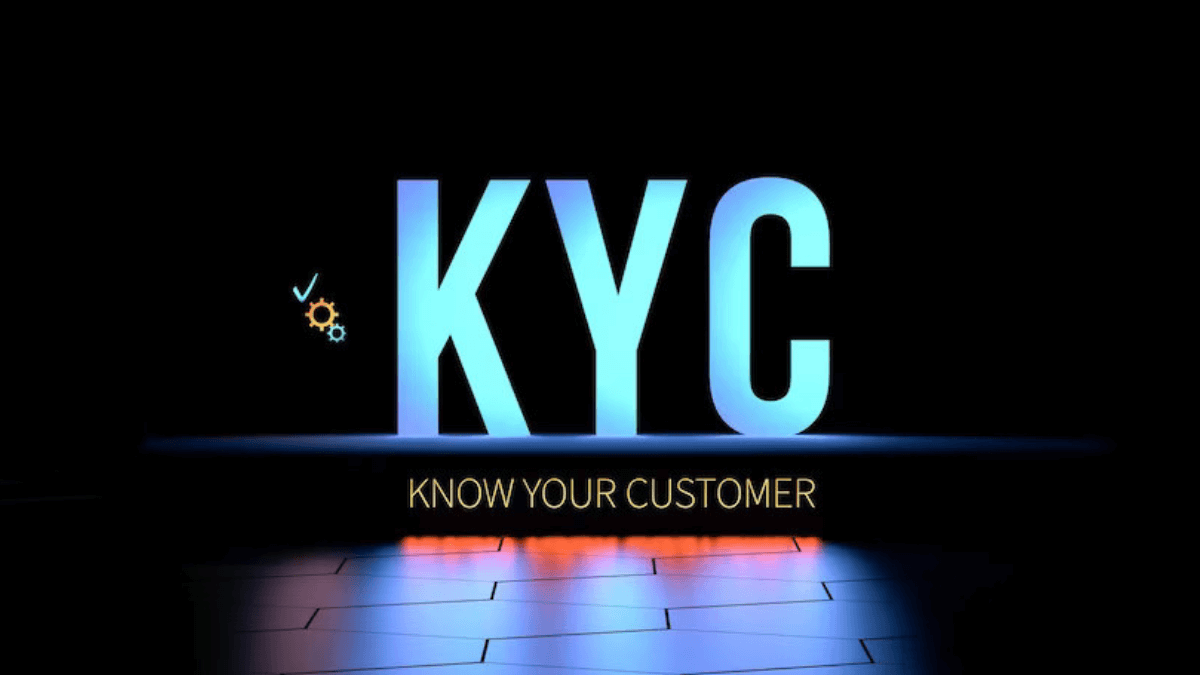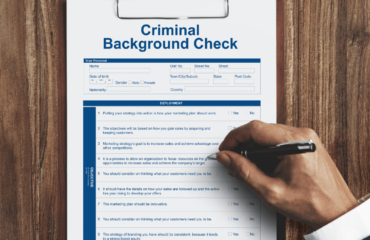To identify and confirm the identity of their customers, businesses, particularly financial institutions, must follow a regulatory and compliance process called “Know Your Customer (KYC)”. It is essential for stopping fraud, money laundering, and terrorism funding.
What Kinds of Know Your Customer (KYC) Exist?
Traditional KYC: This method requires that Know Your Customer (KYC) paperwork be physically submitted. Customers are required to submit original papers in this case for validation.
eKYC: This method, also referred to as “online e-KYC,” employs internet platforms to confirm identity. It is quick and effective and typically calls for the user to upload scanned copies of their documentation or to conduct identification checks using webcams.
Central KYC (cKYC): An advanced system that allows any financial firm to use a customer’s KYC information after it has been updated in the system without the need for additional verification.
Methods & Paperwork for Know Your Customer (KYC) Verification
Processes for verifying are listed below, take a look:
Document Gathering: Gathering from the client any pertinent KYC documents.
Verification of documents: Checking the authenticity and legality of documents.
Face-to-face verification: In-person encounters with clients (often for conventional KYC).
Data Update: Regularly updating and securely storing KYC information.
Risk management: It involves classifying clients based on their post-verification risk profiles.
List of Know Your Customer (KYC) Documents
- Documents serving as proof of identity, such as a passport, driver’s license, voter ID card, etc.
- Documents like utility bills and bank statements are examples of proof of address (POA).
- PAN card proof: In many nations, financial transactions require a PAN card.
- Photos: Current passport-size pictures.
For eKYC, the Aadhaar card—which is crucial in nations like India—plays a significant role. Its number may be needed to finish the process online.
Illustrations of KYC in Action
Opening a Bank Account: Before opening a bank account, banks require Know Your Customer (KYC) verification. Checking KYC documents, cross-checking them, and then onboarding the customer are all involved.
Online wallets: Electronic KYC, where the verification is done online, is frequently required for digital wallets.
Advantages of Know Your Customer (KYC)
- Reduces the possibility of fraud and other illegal acts.
- Regulatory Compliance: Aids companies in adhering to rules and regulations from throughout the world.
- Credibility and trust are increased when customers are aware that you have a strong KYC procedure in place.
Brief Case Studies to Understand
Case Study 1: Streamlining KYC for Online Banking
A regional bank introduced an online banking platform, necessitating a robust Know Your Customer (KYC) process to ensure compliance with anti-money laundering laws. Previously reliant on in-person verification, the transition to digital presented challenges. The bank implemented an electronic verification system, allowing customers to submit documents online. The system cross-referenced information with public and private databases, significantly reducing the time for KYC completion from days to hours. The bank maintained detailed records of each step, ensuring that all customer data was verifiable and compliant.
Case Study 2: KYC for the Unbanked in Rural Areas
In a program aimed at financial inclusion, a microfinance institution targeted rural populations lacking formal identification documents. Traditional KYC procedures were not feasible. The institution developed a tiered Know Your Customer (KYC) process, using local community leaders to vouch for individuals. Biometric data supplemented this endorsement. Transactions were capped at low amounts to minimize risk. Each client’s file included details of the endorsement, biometric information, and transaction records, ensuring traceability and security while expanding service access.
Case Study 3: Enhanced Due Diligence for High-Risk Clients
A luxury real estate firm dealt with high-net-worth individuals, often from countries with high corruption rates. The firm established an enhanced due diligence (EDD) KYC process. This involved deep background checks, reviewing public profiles, financial history, and political exposure. They utilized third-party services for international database checks. Detailed documentation of the EDD process was critical, with each client’s file meticulously recording every verification step and the rationale behind the risk assessment.
Case Study 4: Automating KYC in Peer-to-Peer Lending
A peer-to-peer lending platform faced the challenge of scaling its Know Your Customer (KYC) process amid rapid growth. Manual checks were becoming a bottleneck. The company integrated an automated document verification tool, using artificial intelligence to validate IDs and other documents. The tool also performed liveness checks through video verification to prevent identity fraud. The automation led to a significant decrease in onboarding time. The platform kept a detailed log of the automated checks and any manual interventions for auditing purposes.
Case Study 5: KYC for Cryptocurrency Exchanges
A cryptocurrency exchange faced scrutiny over the potential for money laundering. It implemented a Know Your Customer (KYC) process requiring users to upload government-issued IDs and proof of address. For certain transactions or withdrawal thresholds, users underwent additional verification, including the source of funds. The exchange employed blockchain technology to maintain an immutable record of the KYC documentation and verification steps for each user, ensuring transparency and accountability.
Across these case studies, it’s evident that KYC processes must be adaptable to different contexts and customer bases. They should leverage technology to streamline verification while ensuring thorough documentation and detail retention for compliance and audit purposes. The blend of technology and procedural rigor protects both the institutions and their clients.
Conclusion
Traditional and electronic Know Your Customer (KYC) are important steps in establishing a secure and reliable financial environment and are not merely required by regulations. It makes sure that companies truly understand their clients and has a big impact on preventing financial fraud.
FAQs
How does KYC work?
“Know Your Customers,” or KYC, is a procedure to confirm a client’s identification.
What does KYC mean for banking?
The procedures required to confirm a client’s identification and risk characteristics before to doing business are referred to as KYC in the banking industry.
Is an Aadhaar card required for KYC?
Yes, particularly for eKYC procedures, the Aadhaar card is frequently utilised as a KYC document.
How can KYC be verified?
KYC verification entails providing the necessary documentation, which the institution in question will subsequently cross-check.





